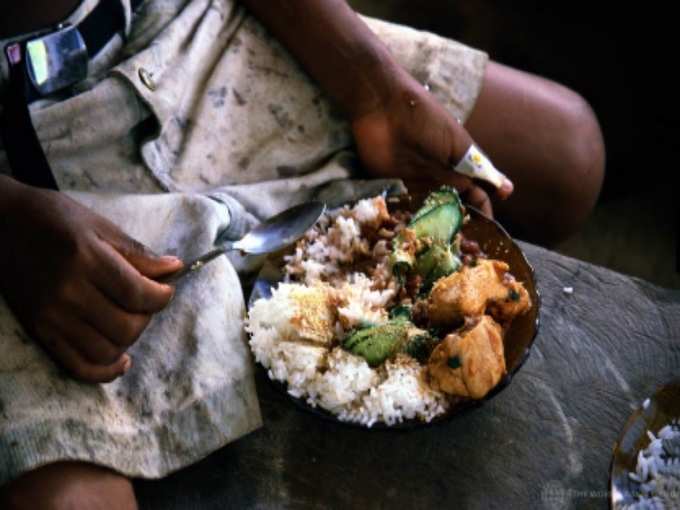
One of the biggest challenges of today’s world is
The
An important element of food security is the development of agriculture. Otherwise, how would the world meet its food requirements? Nevertheless, the world has long neglected this industry.
Food Crisis And Neglect Of Agriculture
Food security has been an issue since the beginning of mankind. Humans have always been concerned with finding better and improved ways to produce food. Agriculture was a discovery that allowed man to have a stable source of food. It also allowed man to locate himself in a single place instead of moving around chasing the herds of animals, which in turn, allowed further development and specialisation of agricultural techniques and agriculture in general.
Unfortunately, with developments such as the industrial revolution, agriculture, which has always been a pinnacle in the process of securing food for man, started to become a neglected industry in favour of more advanced forms of businesses. Today, many countries in the world have deficient agricultural policies to support farmers, whether small or large.
Globalization has also contributed in part to the abandonment of agriculture in favour of more profitable businesses. When developed countries with resources to produce cheap food started entering the markets of countries with more deficient technology and higher food prices, local farmers were driven out of business since they could not compete with the cheaper food sold by the developed countries.
Today, the world is facing a critical time in terms of food security. The recent food crisis and economic recession of 2008-2009 have driven millions of people into poverty. According to a 2010 report on food security and agricultural development by the UN Secretary General, several factors converged to make 2009 a particularly damaging year for people at risk of food insecurity:
● The food crisis had pushed the prices of basic goods beyond the reach of millions of poor people.
● The price increases forced many poor families to make compromises, such as replacing more nutritious food with food that is less nutritious, selling productive assets, withdrawing children from school, forgoing health care or education, or simply eating less.
Possible Solutions
Efforts have been made to address this enormous issue. One of the most ambitious projects of the international community is the Millennium Development Goals (MDGs). Back in 2000, the countries of the world committed themselves to certain concrete goals to address the major issues of the planet. The first one of these MDGs establishes that the world has committed itself to eradicate extreme poverty and hunger. The concrete goal is to be able to halve the number of people living in hunger by the year 2015.
These kinds of concrete commitments help focus efforts throughout the world. However, it has not been enough. The
The international community has taken action and implemented various mechanisms to combat the effects of climate change. The United Nations Convention to Combat Desertification seeks to establish plans of action to combat this phenomenon, which greatly affects agriculture and food production. Additionally, the issue of desertification and drought has been included in other important documents such as the Agenda 21, which includes the most pressing environmental issues of the world.
This is one of the most important principles that resulted from the 2009 World Summit on Food Security: it is part of the “twin-track” approach to tackle the problem:
● Direct action to immediately tackle hunger for the most vulnerable
● Medium- and long-term sustainable agricultural, food security, nutrition and rural development programmes to eliminate the root causes of hunger and poverty.
This is a task that must be addressed at all levels. Countries need to work on implementing adequate national policies to develop agriculture as well as securing food for their population. The
However, the challenges not only come from the current shortage of food for the current population of our planet. Seeing the rates at which the world population is growing, efforts also need to be put to create long-term solutions which can also feed the people of the future. According to the Food and Agriculture Organisation food production will have to increase by 70% to feed a population of nine billion by 2050. In order to intensify food production by that much, immense effort will have to go into new, better and more intensive ways of producing our food.
Food security and agricultural development are important issues. Unless action is taken to secure adequate amounts of food for the population of the world and to improve the defective agricultural system in the world, over one billion people would be at risk of dying.
